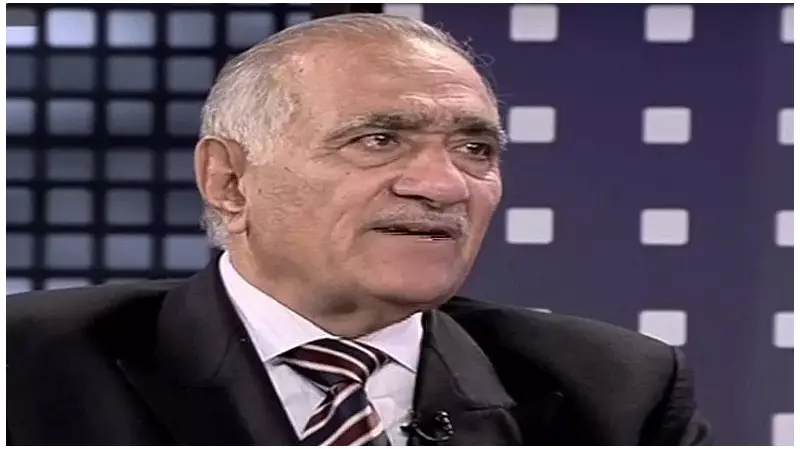
In the complex tapestry of India-Pakistan relations, where suspicion often overshadows diplomacy, one man's quiet determination nearly rewrote history. Lieutenant General Mahmud Ali Durrani, a former Pakistani military leader turned peace activist, embarked on a remarkable journey that challenged decades of hostility between the nuclear-armed neighbors.
The Unlikely Peacemaker
What makes Durrani's story extraordinary is his background. As a retired three-star general who served as Pakistan's ambassador to the United States and national security advisor, he possessed insider knowledge of the establishment's thinking. Yet, he chose the path of reconciliation when confrontation was the norm.
His transformation from military strategist to peace advocate began with a simple realization: the human cost of perpetual conflict was too high for both nations. "We share history, culture, and bloodlines," Durrani often remarked. "Our disputes are political, but our connections are civilizational."
The Kargil Revelation That Shook the Establishment
Durrani's most controversial act came during the 1999 Kargil conflict. While serving as Pakistan's ambassador to the US, he made a stunning admission that reverberated through diplomatic circles: he confirmed Pakistani military involvement in the conflict, contradicting Islamabad's official position.
This courageous act of truth-telling came at great personal cost. He was immediately recalled to Islamabad and removed from his position. Yet, Durrani never expressed regret. "Sometimes, truth must come before diplomacy," he later reflected.
Building Bridges Where Governments Feared to Tread
Undeterred by official backlash, Durrani became a leading voice in Track II diplomacy—unofficial dialogues between influential citizens from both countries. His approach was characteristically practical:
- People-first perspective: Emphasizing that peace must benefit ordinary citizens, not just serve political interests
- Economic cooperation: Advocating for trade relationships that could create mutual dependency and reduce conflict
- Cultural reconnection: Highlighting shared heritage as foundation for rebuilding trust
- Youth engagement: Focusing on younger generations less burdened by partition trauma
The Mumbai Attacks and a Critical Missed Opportunity
Following the 2008 Mumbai terror attacks, Durrani found himself in a unique position as Pakistan's national security advisor. In a move that stunned observers, he became the first senior Pakistani official to acknowledge that the sole surviving attacker was indeed Pakistani.
This transparency, while praised internationally, created friction within Pakistan's power structure. His willingness to confront uncomfortable truths ultimately led to his dismissal, but not before demonstrating that honest dialogue remained possible even in crisis.
A Legacy That Endures Beyond Officialdom
Today, even in retirement, Durrani continues his quiet crusade. His work exemplifies an important truth: meaningful change often begins outside formal channels. Through academic papers, speaking engagements, and persistent advocacy, he maintains that a peaceful South Asia isn't just desirable—it's essential for both nations' futures.
"We must stop looking at each other through the prism of our armies and our conflicts," Durrani insists. "When Indians and Pakistanis meet as human beings, not as representatives of their governments, magic happens."
The Road Ahead
Durrani's journey offers crucial lessons for conflict resolution worldwide. It demonstrates that:
- Insiders can become powerful change agents when they choose principle over position
- Truth-telling, however difficult, creates foundations for genuine reconciliation
- Peace-building requires patience that often outlasts political cycles
- Individual courage can inspire collective transformation
While the India-Pakistan relationship remains fraught with challenges, voices like Durrani's ensure that the conversation about peace continues, even when official dialogues stall. His story stands as a testament to the power of conviction over convention in the long journey toward reconciliation.





